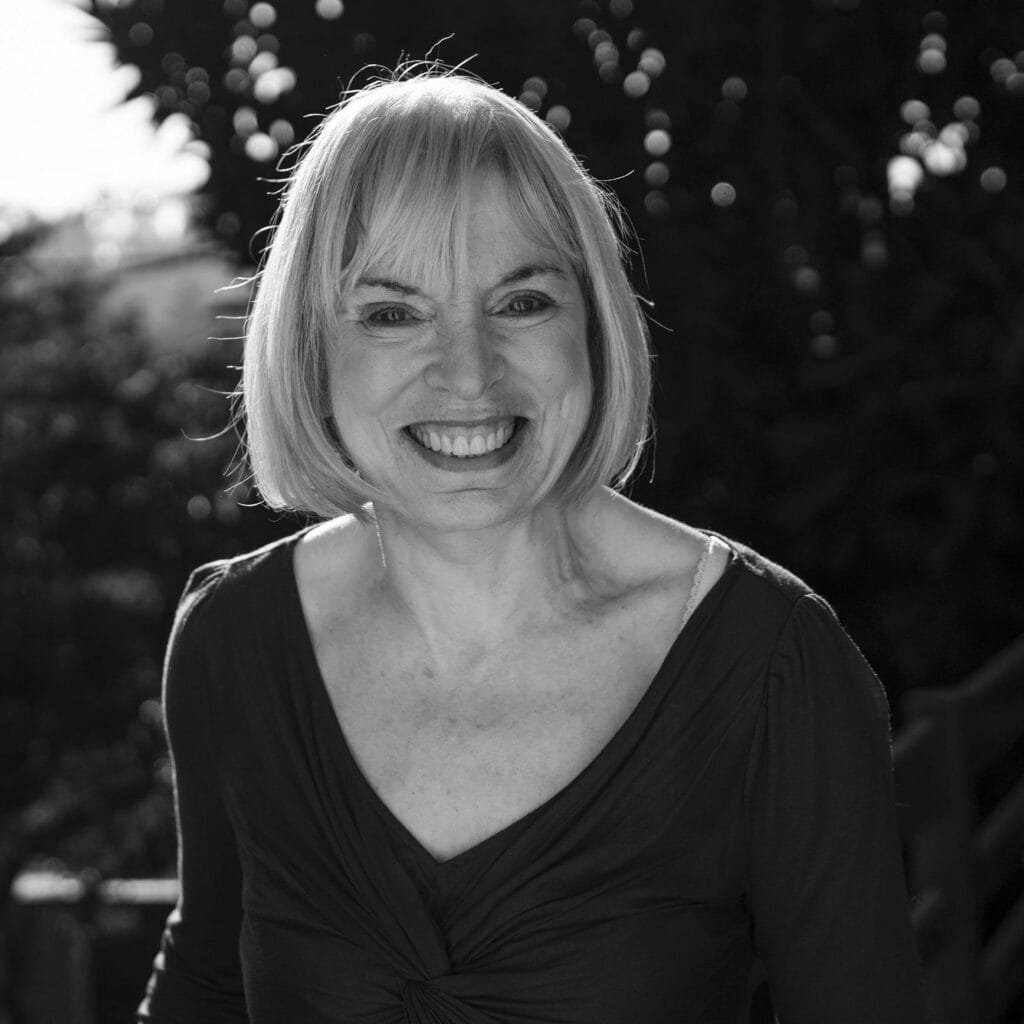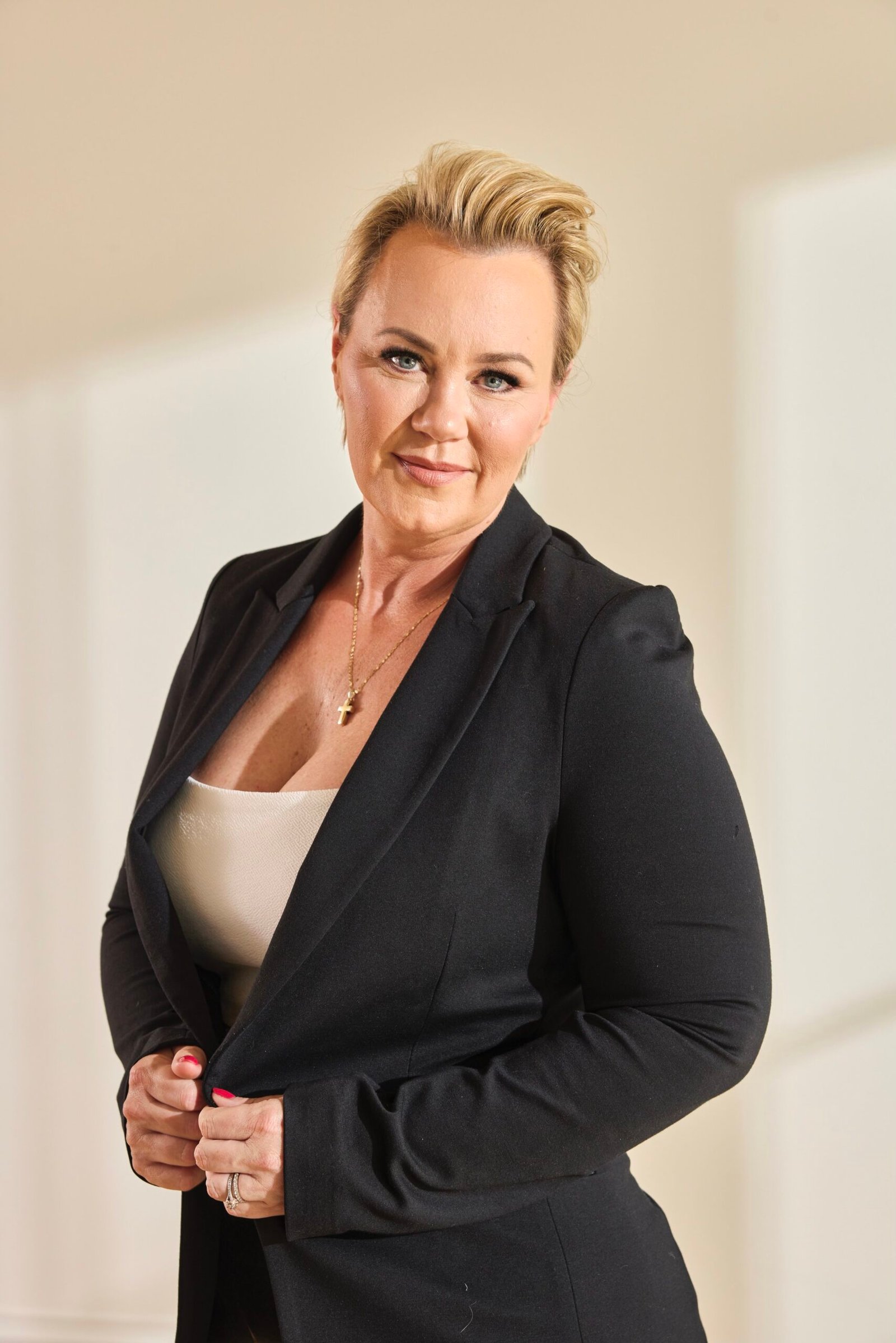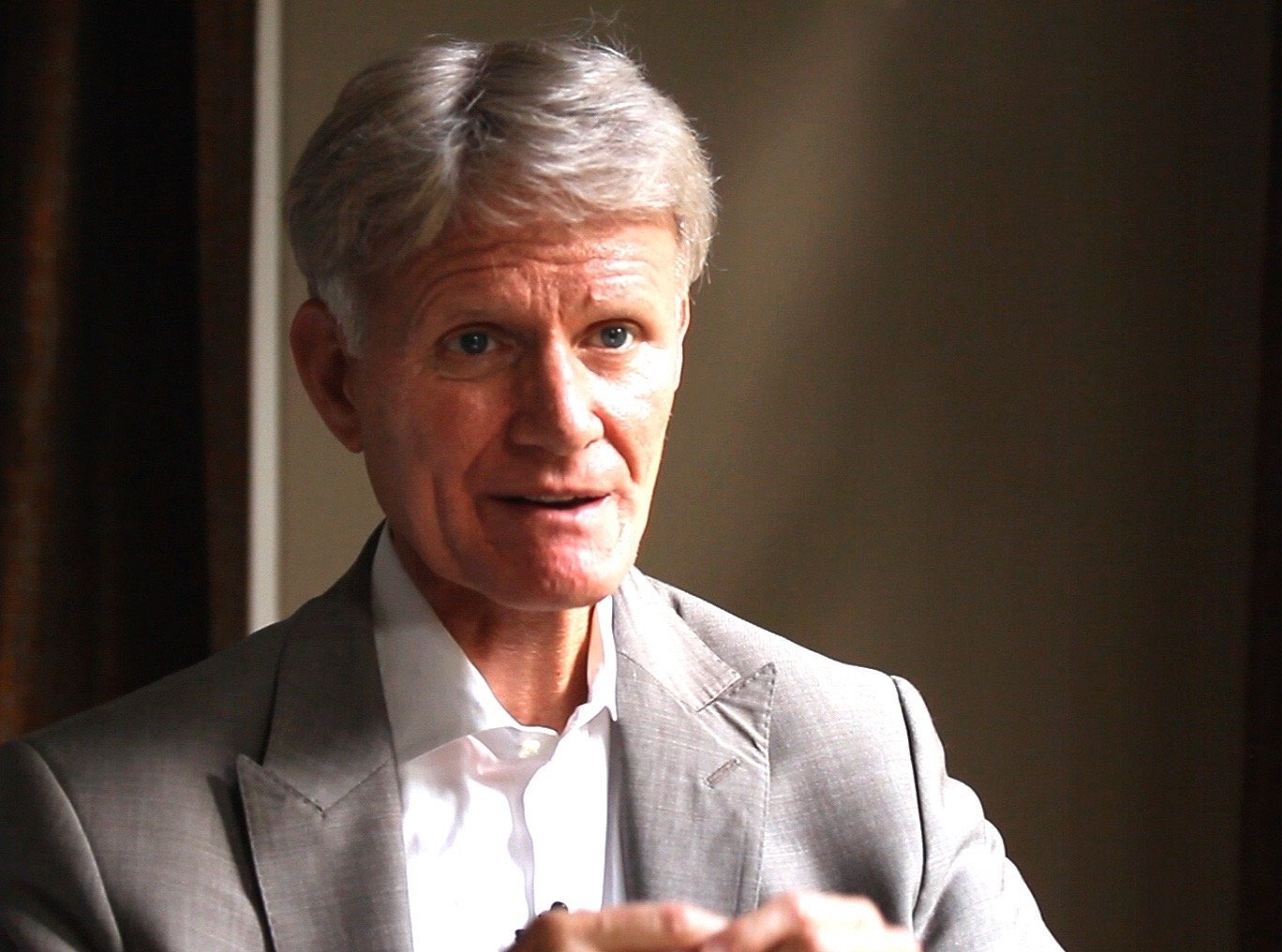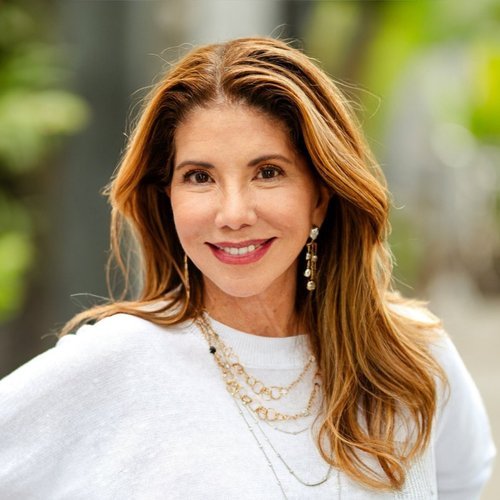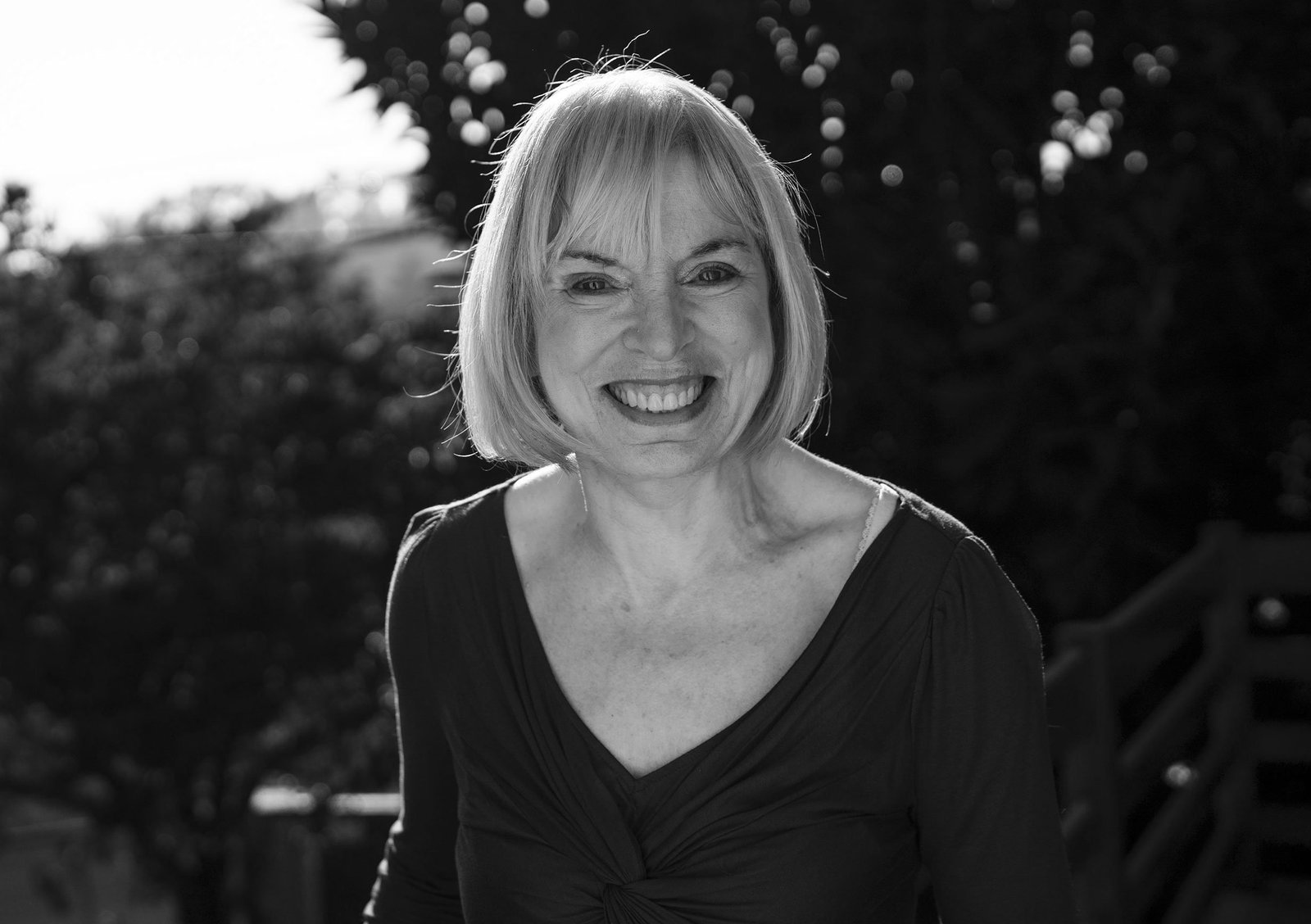
Several years ago, I interviewed former tennis star Julie Heldman in an interview originally published in Thrive Global. Julie won 22 singles titles and was ranked #2 in the U.S. in 1968 and 1969. Upon retiring from from tennis, Julie worked as a broadcaster and as a business executive. Julie is also the author of the book Driven: A Daughter’s Odyssey. Here is an excerpt from our interview:
Adam: What is something about you that would surprise people?
Julie: I had a rocky childhood, which often left me riding an emotional roller coaster. I got satisfaction out of winning tennis matches, but my emotional instability was often just below the surface. At one stage, I quit tennis “forever,” due to severe emotional distress. At the time, I blamed my instability on playing competitive tennis, so after I quit, I dabbled in a number of different areas. First, I returned to Stanford to finish my last quarter and to get my degree. Then I spent a short while with my sister’s rock & roll band, who were living in a commune. Then for three months, I worked from Monday through Friday as a secretary to the creative department of a Madison Avenue advertising agency, and I spent my weekends in Connecticut, visiting a group of hippies and experimenting with psychedelic drugs. When I took peyote, I experienced peace for the first time, which led me to quit my job and join my hippie friends in their Volkswagen van, as they headed west across Canada and down the Pacific coast to Northern California. There, we parted ways, and I took up tennis once again, but always hoping to experience that peace once again.
Adam: What is something about you that would surprise people about life as a star athlete? What surprised you?
Julie: In today’s world, top women tennis pros are surrounded by a coach, an agent, a physio, and maybe a boyfriend, who take care of all of life’s details. The early years of the women’s pro tour were exciting because for the first time ever, we were competing for prize money, and because the tour was just beginning, and we were part of something really important. But during those years, life on tour was tough and grueling, and we had to do everything ourselves, including making our own hotel and airplane reservations, organizing our own practices, communicating with tournament officials, and often arranging our own transportation. When we played night matches, we struggled to find restaurants that were open afterwards, and our nutrition suffered, as we’d have to settle on fast food joints.
Adam: Who was your favorite player to play against and least favorite player to play against and why?
Julie: My favorite top player to play against was Evonne Goolagong, because my forehand, which was my strength, made mincemeat out of her second serve when she was not at her best. In a medium-sized tournament in London, I once beat her 6-0, 0-6, 6-1, a truly peculiar score. But she also beat me a number of times, once on Wimbledon’s Centre Court. My least favorite opponent was Chris Evert, who was so frustratingly consistent that she rarely gave up free points. She was also outstandingly accurate, able to hit winners near the lines. And when I’d hang back, deep in the court, she’d throw in an excellent drop shot that just cleared the net and stopped dead. I did beat her twice (once when she was 14), but otherwise, she had my number, which was maddening.
Adam: What are the most significant ways the game of tennis and sports in general have evolved from your playing days to today?
Julie: Money has changed all sports, and not always for the best. In 1970, I was a member of the Original 9, who competed in the very first tournament on the women’s pro tour. The prize money was at first so small—a total of $5,000 in the first tournament—that it now seems laughable. Currently, a tournament of comparable quality might offer $800,000 in total prize money. The lure of riches has caused an explosion of great players coming from all over the world, and competition is fierce. But money is also isolating, as players often remain just with their team, focused on winning. Moreover, players often become defined by their earnings, and they hide their true selves from competitors and the media. Instead, many project a false surface, or a “brand,” which is dehumanizing.
Adam: It looks like you and my dad overlapped at UCLA Law School. What made you decide to attend law school?
Julie: After I quit the pro tour, I worked as a journalist and a network broadcaster, but the TV opportunities dried up, and I became adrift. I wanted to be in charge of my own fate, so I decided to go back to school, but I didn’t know what to study. I went back to speak at my old high school, and my beloved English teacher suggested that I become a lawyer, “because you’ve always been so logical.” I felt grateful. At that stage, I’d been out of college for 11 years, so I took a class to prep for the LSATs, and I did quite well. But my undergraduate grades weren’t spectacular, so I turned to my cousin John Kaplan, who was a Stanford law professor. He suggested that I should write an essay about “grade inflation,” a phenomenon that occurred during the Vietnam War when professors gave their students higher grades to keep them from being drafted. I spent a day or two in the UCLA Education library, wrote the essay, and sent it to the UCLA School of Law, which accepted me. Three years later, at age 35, I graduated in the top 10% of the class, I was an editor of the UCLA Law Review, and I was named the alumni association’s law student of the year and a UCLA Graduate Woman of the Year.
Adam: What are the best lessons you learned from your experience transitioning from an athlete to a broadcaster and a journalist? What advice would you give to others entering the field?
Julie: I found the network broadcasting world in the mid-1970s to be cutthroat, with many network employees vying to undermine the announcers. Eventually, someone from the tennis world went after me with a vengeance, and I lost my job. That experience was pretty horrifying, but it ended up for the best because I became a lawyer instead. I sincerely hope that the world of broadcasting has become more civilized since then.
Adam: What is the single best piece of advice you have ever received?
Julie: In 1973, I was playing Number 1 for the U.S. against Australia. I played a terrific first set, which I won, against Evonne Goolagong, and then she came back to take the second set. At the changeover, my captain, who was sitting on the court, told me “Just relax. You were doing great. There’s no reason you can’t do it again.” After that pep talk, I roared ahead to win the third set and thus the match. My captain helped me calm down and continue believing in myself, the best possible advice.
Adam: What failures, setbacks, or challenges have been most instrumental to your personal and professional growth?
Julie: Throughout my early life, my coping mechanism was to pour all my energy into succeeding. When I was 50, I was diagnosed with bipolar disorder. I’d never considered the possibility, but once I started looking back at my life, I noticed signs of the illness that first appeared when I had an extended depression in 1964 when I was 18. I had several other disastrous episodes during and after my playing career. I also had episodes when I was filled with energy and able to succeed on many levels. After I was diagnosed, I struggled to get a successful cocktail of medicine, and four years later, I had a cataclysmic breakdown, which lasted 15 years. During those long, dark years, I had trouble socializing, making decisions, and even having normal conversations. I had to learn to cope at a more basic level, and success was far beyond my reach. I began to write my book as the breakdown was beginning to subside, and the process of thinking, writing, and editing helped me heal. I’m currently stable most of the time, and I treasure every moment of my wellness.
Adam: What are your hobbies and how have they shaped you?
Julie: My hobby is writing, which I love to do. Writing my book has helped me return to life.


